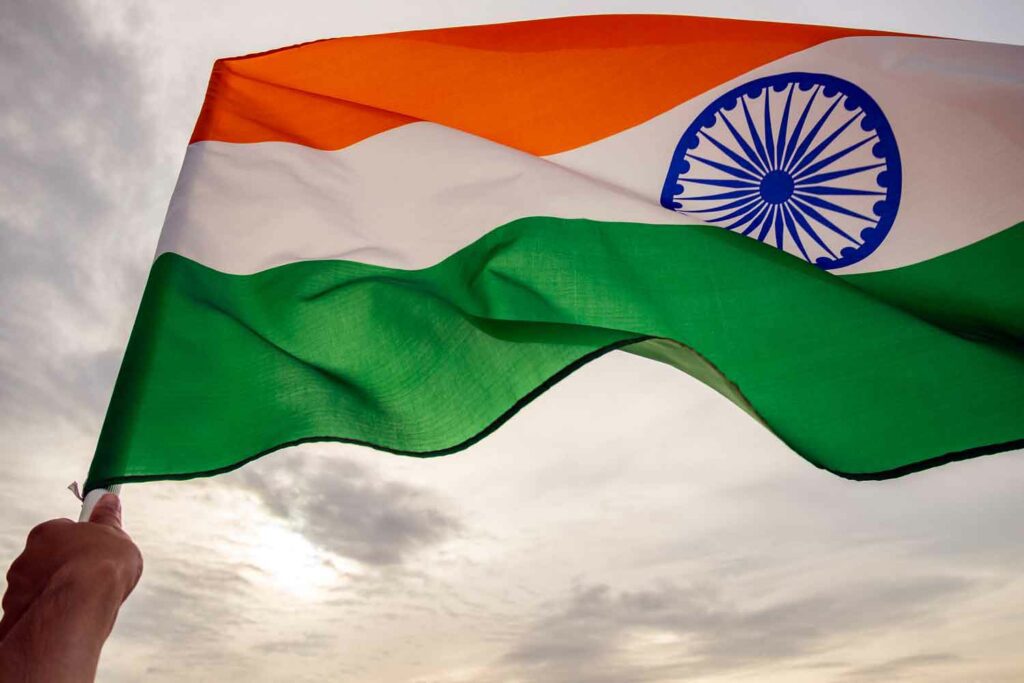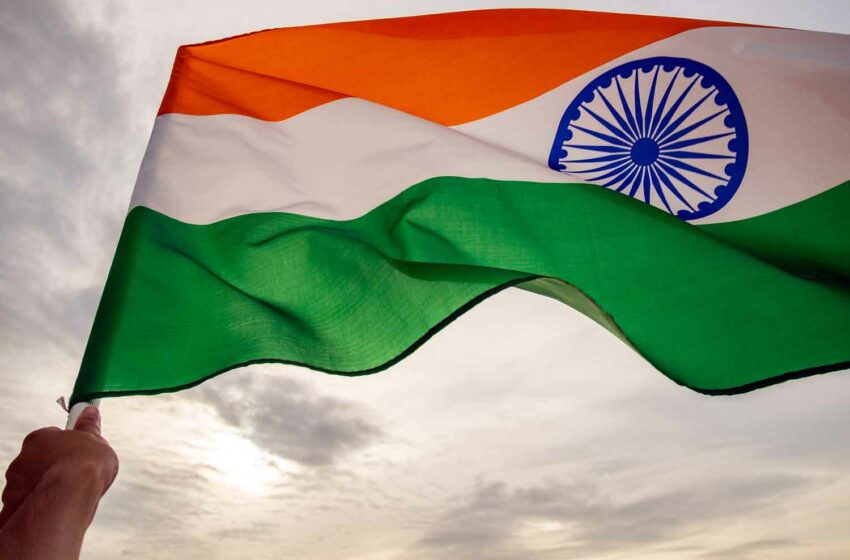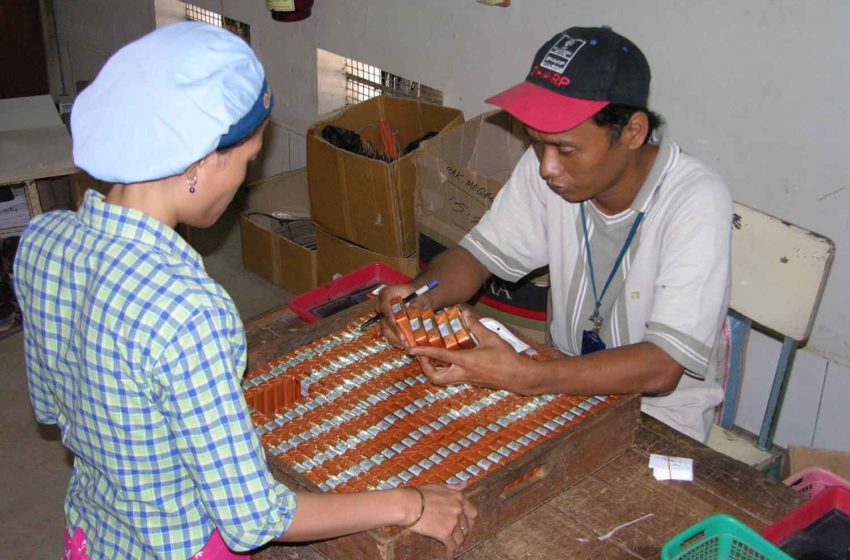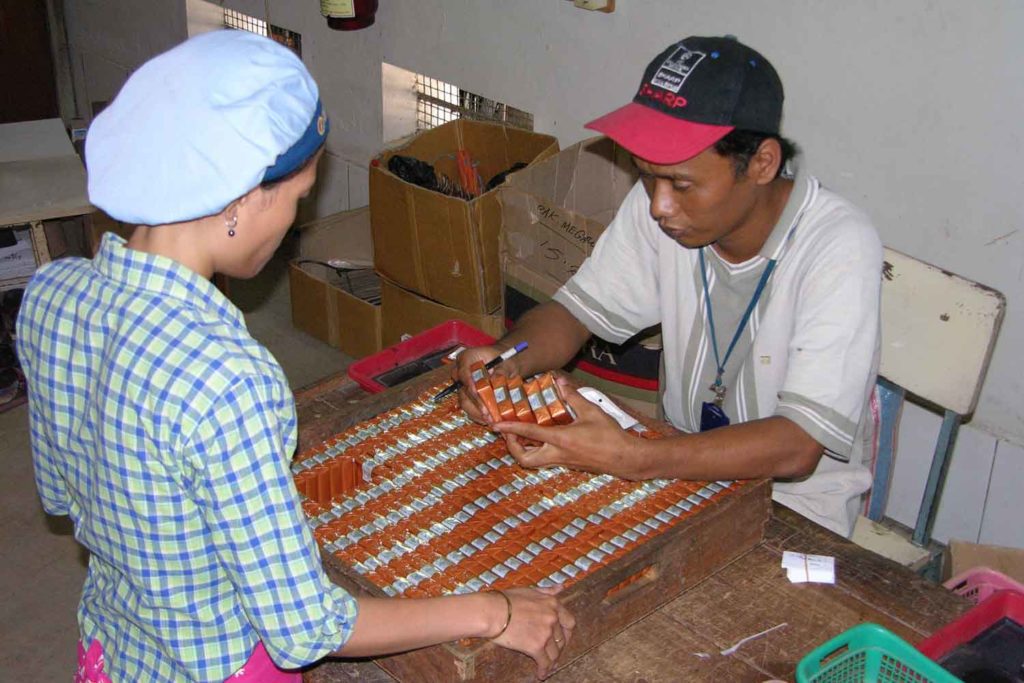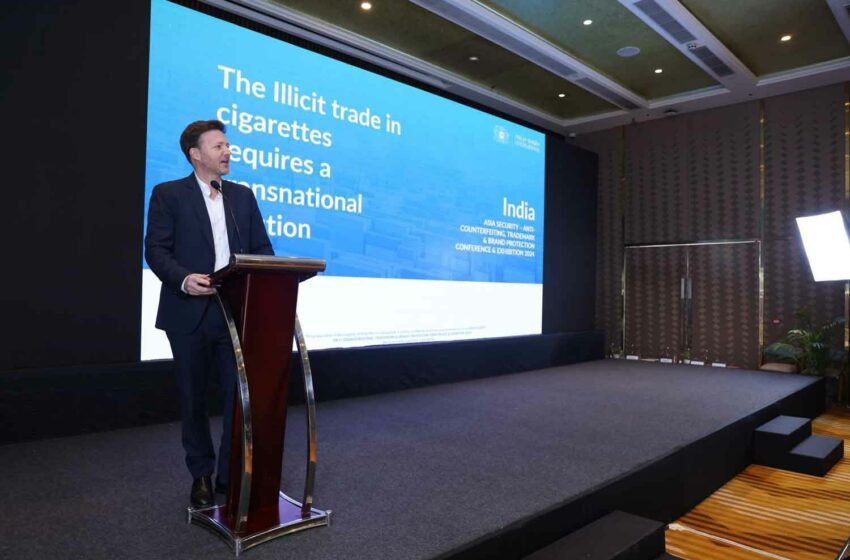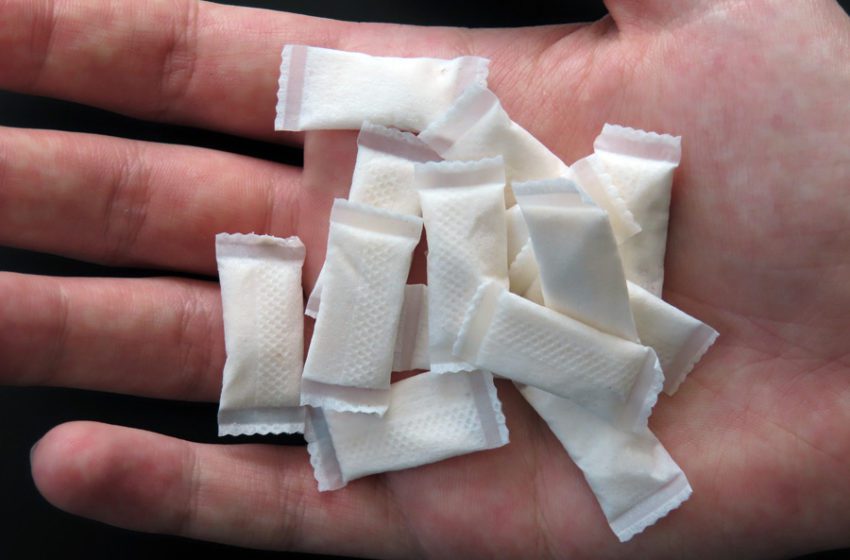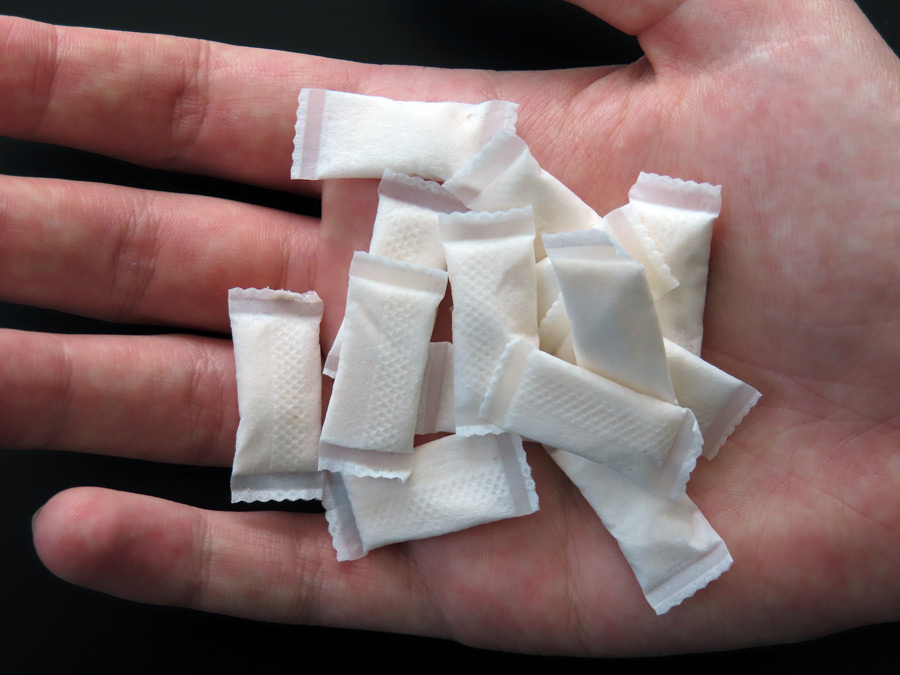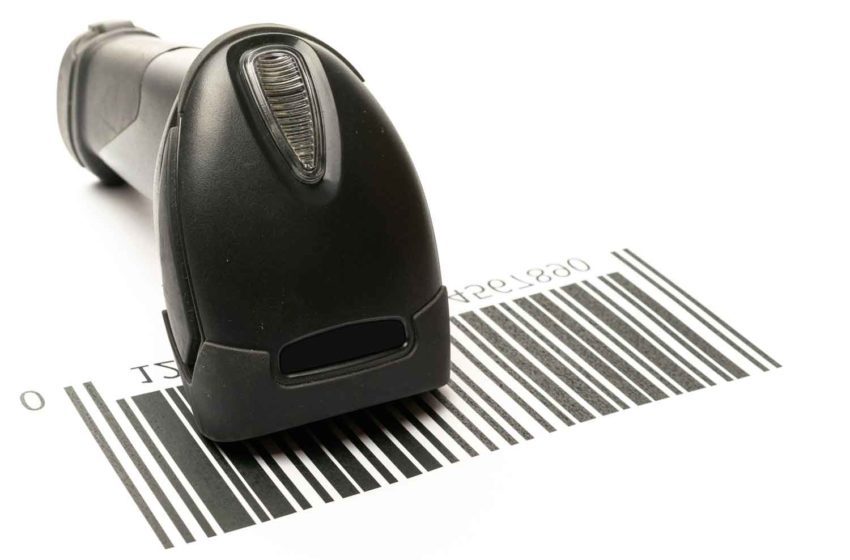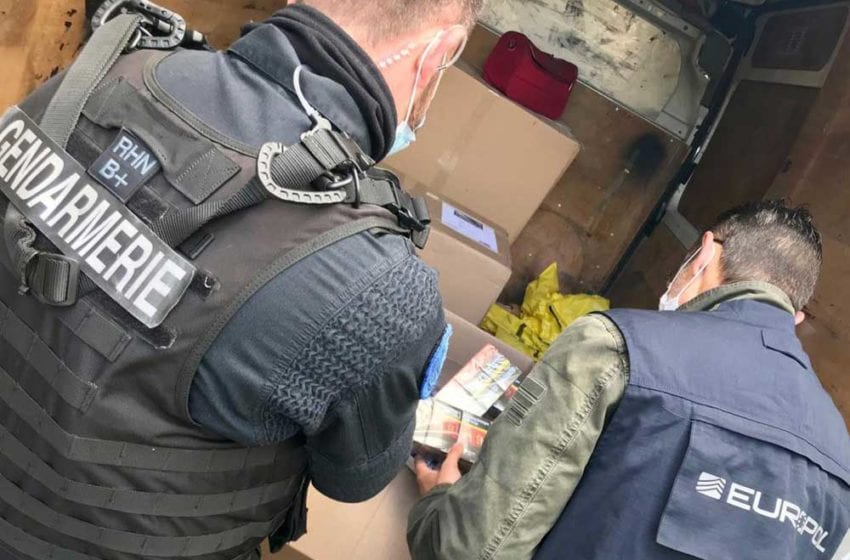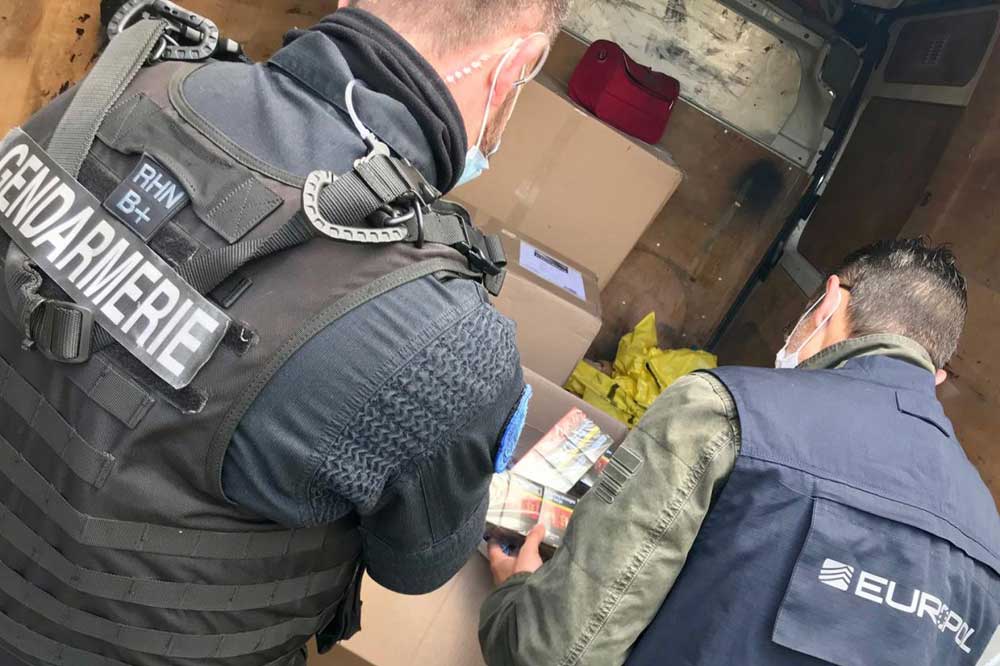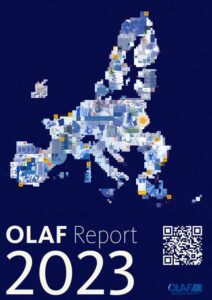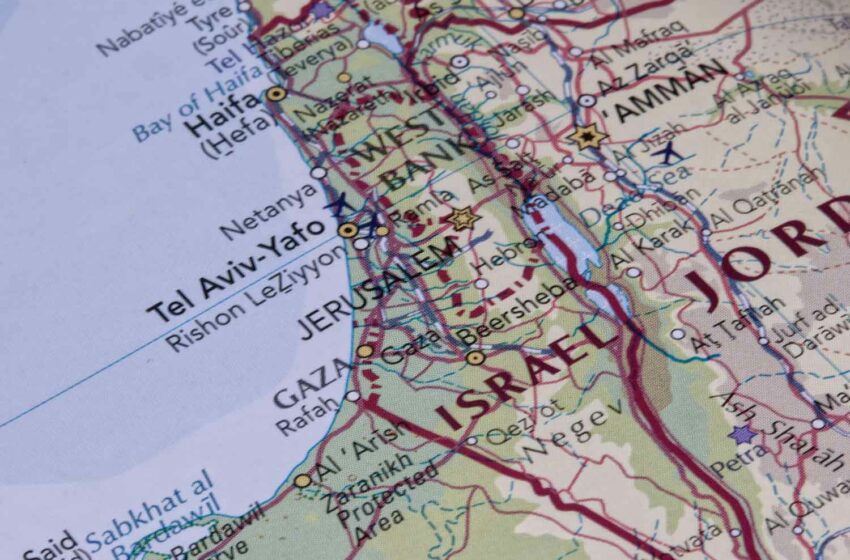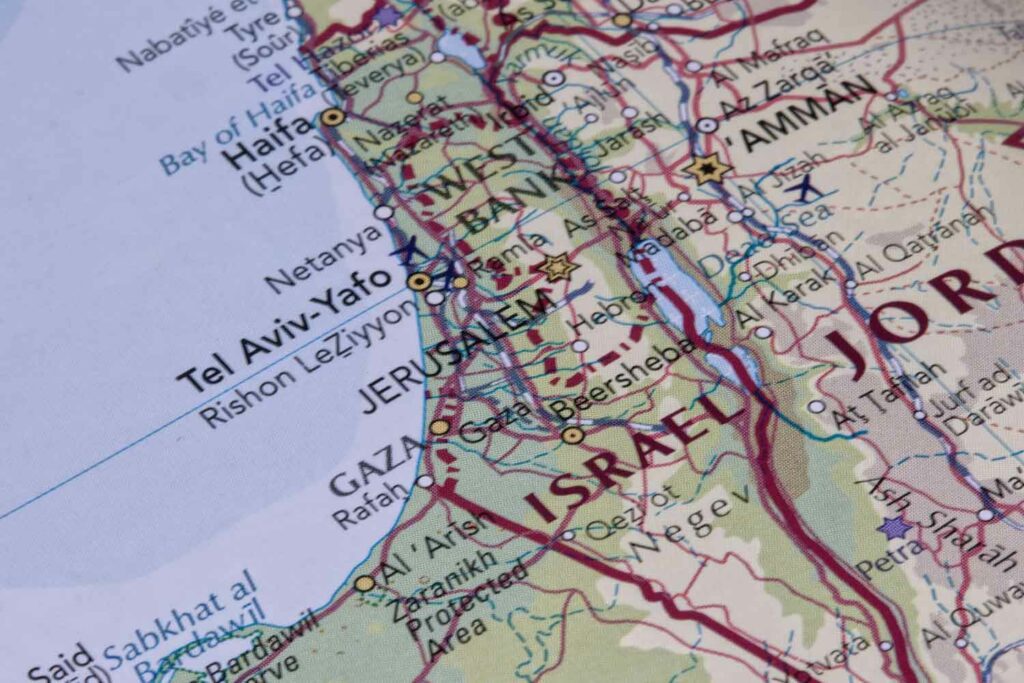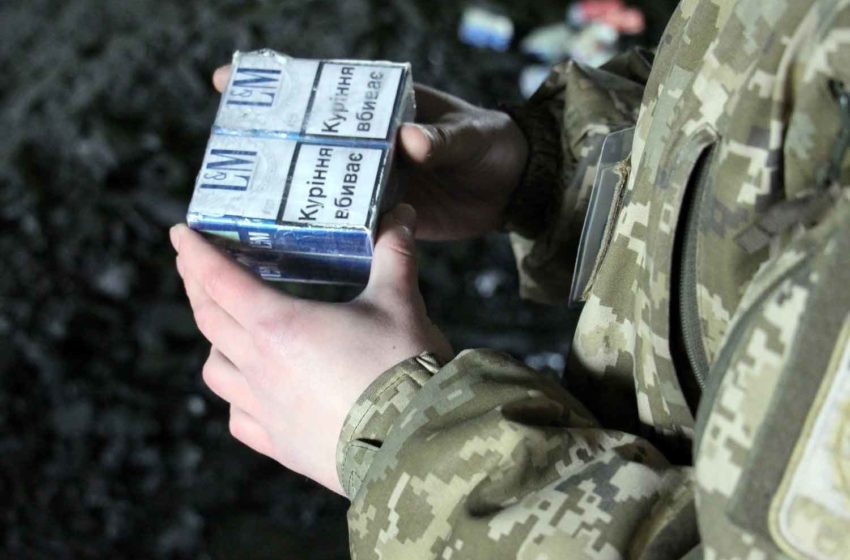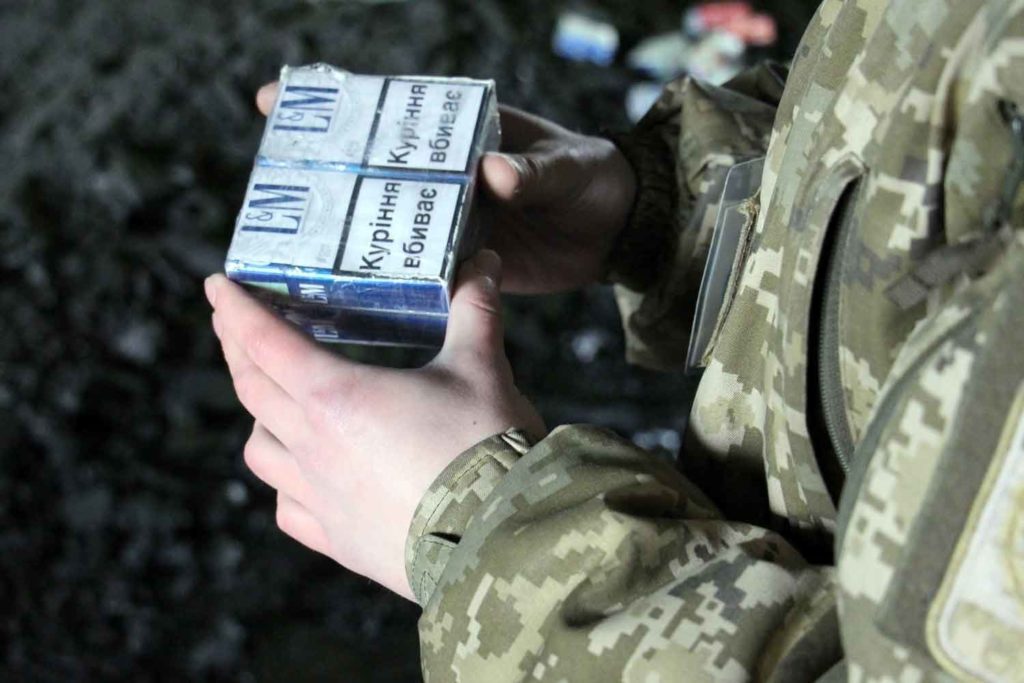A new study, titled “Fighting the Dark Underworld: How the illegal trade in tobacco threatens to overwhelm us,” by Intrinsic Insight and commissioned by Japan Tobacco International, sheds new light on the pervasiveness of organized crime within global society, focusing on four countries with high levels of illicit tobacco trade: Canada, France, Philippines and the United Kingdom.
The report examines how unstable geopolitical environments, fragile economies and a lack of serious deterrents create the ideal conditions for a surge in criminal activity and increased profits for criminal networks.
The report highlights key indicators—found across the four countries—that are allowing illegal trade to flourish.
“A combination of factors ranging from poor border controls and ineffective penalties to corruption, excessive taxation and legislation, are contributing to both the increase in demand for illicit products while making it easier for criminals to grow substantial criminal empires,” said JTI’s global anti-illicit trade operations director Vincent Byrne in a statement.
- Cost of living crisis
Compromised living standards are forcing greater numbers of consumers into making difficult lifestyle decisions, creating ripe environments for criminals to push a larger number of smokers towards cheaper illegal channels and illegal products. Buying illegal tobacco products is in danger of becoming normalized behavior, with four in 10 (43 percent) adult smokers surveyed across these four countries now finding themselves comfortable with the idea of buying cigarettes, even if they know they are produced or sold illegally.
- Excessive taxation and loss in government revenue
As illegal sales continue to bombard the legal tobacco market, governments are facing a decline in tax revenue. According to the World Bank, governments globally are estimated to be losing out on $40 billion to $ 50 billion annually in excise alone due to consumers being lured into buying illegal tobacco products. According to 88 percent surveyed, governments’ inability to collect tax revenue because of illegal trade is a significant issue.
- Rapid technological progress
The criminal shift towards e-commerce and the advancement of artificial intelligence is leading to an increased sophistication of production, distribution and sale of illegal goods. Of those adult smokers surveyed, 14 percent have claimed to have recently purchased illegal tobacco via social channels.
- Not cracking down on illegal tobacco trade to curb other serious crime
Not only is the money being lost to governments, thus limiting their capacity to fund public services such as law enforcement and important public services, the illegal tobacco trade is a direct gateway to other serious crime such as people trafficking and terrorism. The study found that policy makers underestimate the extent of the worry for the public, with 50 percent of respondents citing illegal tobacco trade as being a threat to their country, which is close to parity with those citing drugs/narcotics (54 percent) and terrorism (49 percent) as national dangers. The sale of illegal tobacco is not a victimless crime, according to 61 percent of those surveyed.
- Existing penalties are not severe enough to deter criminals
More collaboration is needed to crack down on illegal trade and its intricate international criminal networks. According to 61 percent surveyed, authorities are not taking the situation as seriously as they should. The United Nations Office of Drugs and Crime estimates that no more than 2 percent of global shipping containers are inspected, signaling to criminal gangs that illegal trade is a relatively “risk free” enterprise with large financial upsides.
“While the drivers fueling illegal trade are evident in each of the four countries, they have global impact,” Byrne said. “Given the borderless nature of illegal trade, in the future, countries that currently do not have an illicit tobacco problem, are advised to notice the triggers to avoid the onset and spread of criminality linked to illicit trade in their countries.”
A synopsis of the situation in the four countries and consolidation of key report findings includes:
Canada
Contraband tobacco has spread unchecked across the country to the detriment of revenue receipts due to serious disparities in tax harmonization because of Canada’s geography and complicated relationship with First Nation states.
- In Canada, the high volume of tobacco products produced by First Nation states is a major anomaly that drives illegal trade there. This bears a similarity to ‘free trade zones’ such as those that exist in places like the UAE. Tobacco produced legally in these zones often ends up in other jurisdictions where it then becomes an illegal product.
- The report found that for 57 percent of Canadians, the economy and general cost of living is one of their top five concerns.
- Seven out of ten (71 percent) Canadians believe that the proceeds of the illegal tobacco trade should fund law enforcement.
- Eight out of ten (81 percent) Canadians believe government should work with industry to combat illegal trade.
France
High levels of taxation, an absence of border controls and issues of affordability caused by rising living costs are having a big impact on the increase in illegal trade. The French government’s cornerstone policy in the run up to this summer’s 2024 Paris Olympics is to remove illegal tobacco sellers from the streets and has pledged to impose stronger fines, penalties, and arrests of street sellers. Cracking down on clandestine factories is also a focus for government.
- The report found that one in three members of the French public cite local crime as one of their top five concerns.
- Seven out of ten (76 percent) French nationals feel that the sale of illegal and fake tobacco by street vendors makes their neighborhoods less safe.
Philippines
In a recent reclassification of tobacco as an agricultural product, the Philippines Congress has passed amendments to the country’s agricultural bill that established the smuggling of tobacco as an act of economic sabotage. This amendment, which is expected to be signed into law by the President, includes harsher penalties and fines, and it has the potential to have a significant impact on smuggling and the illegal distribution of tobacco products in Philippines.
- As a result of legislation passed in 2013 (the RA 10351, known locally as “the sin tax” laws), revenues raised through tobacco sales have been used to finance public services. Several independent studies have shown that these laws have created an increase in demand for illegal tobacco and revenue losses for the government.
United Kingdom
While the U.K. is experiencing its largest ever cost-of-living crisis, with public debt standing at over 184 percent GDP, and with 11.7 million of the U.K.’s 67 million population living in poverty according to official figures, the U.K. government is scrambling for revenue.
- The customs and revenue service estimates that in 2021, the loss in revenue to the U.K. exchequer due to illegal tobacco trade was £2.5 billion ($3.24 billion), money that could be used to fund the U.K. economy and social programs, instead of being funneled directly into criminal networks.
- While many U.K. authorities, including Customs & Excise, Trading Standards, Border Force, the Police, and the National Crime Agency, have significant roles to play in tackling illegal trade, oftentimes they have conflicting and overlapping responsibilities and dwindling resources.
- Harsher deterrents and penalties are needed for criminals who are only too eager to exploit these loopholes.
- The study found that 72 percent of U.K. adult tobacco consumers would be happier paying the tax on tobacco products if the government spent more of these taxes on law enforcement.
In the report, a multi-faceted approach for tackling the “dark underworld” includes:
- Increased cooperation between governments and law enforcement at both international and national levels. This includes information sharing between industry and authorities.
- In the case of tobacco, there needs to be a concerted effort to increase the fines and punishments for those producing, distributing, and selling illicit products to increase the risk and consequences for criminals. This should be coupled with stronger enforcement.
- Law enforcement agencies should also explore using powers other than anti-smuggling and anti-counterfeiting laws, for example, anti-money laundering, anti-income tax evasion and anti-organized crime laws.
Reasonable and moderate taxation is vital to maintain affordability of legal produc
